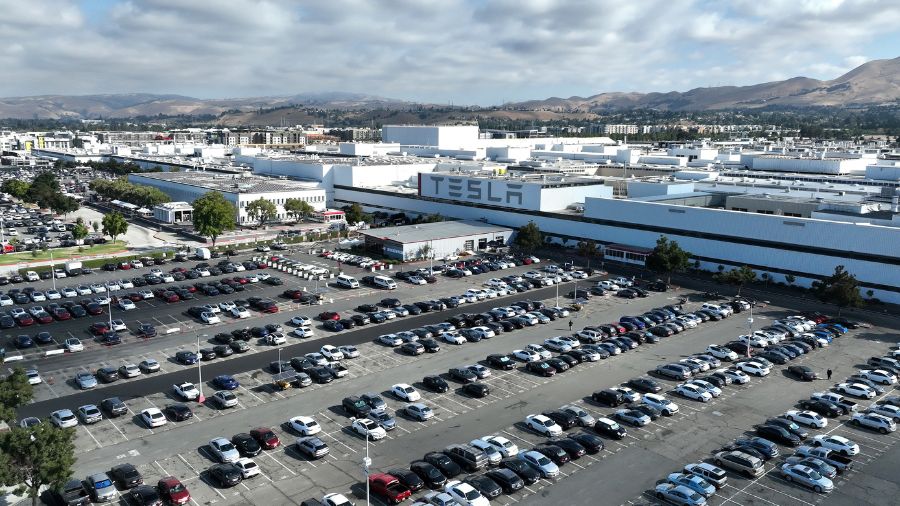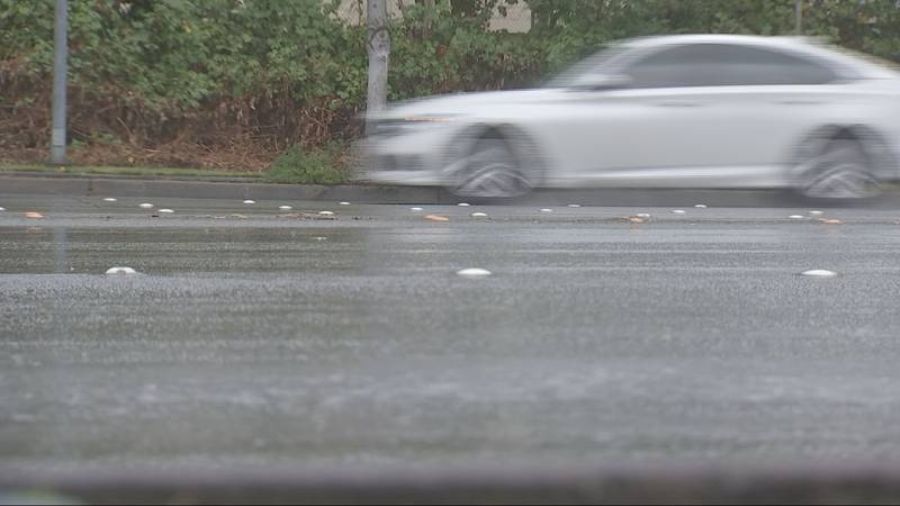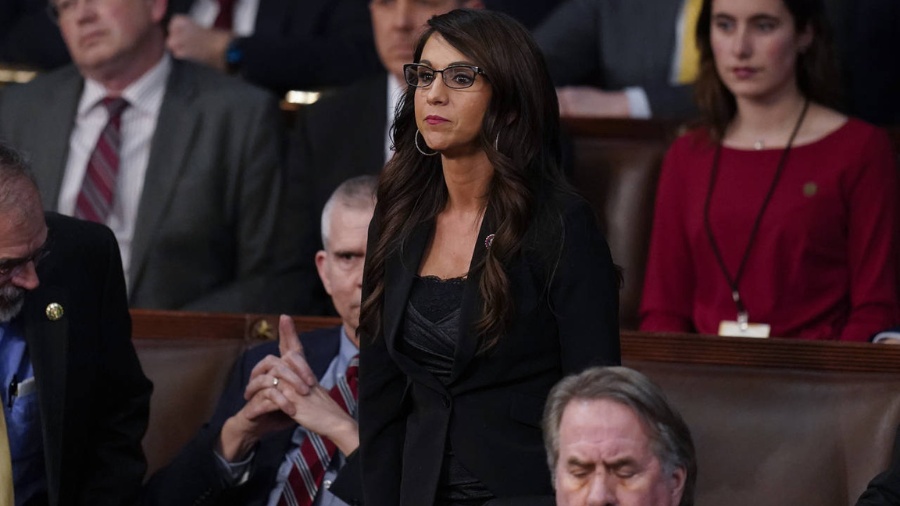UW researcher: ‘No good framework’ to predict impact of social media updates
Jul 3, 2021, 7:38 AM

People walk through Pike Place Market as Seattle has become the first major city to reach a 70 percent COVID-19 vaccination rate on June 10, 2021 in Seattle, Washington. (Photo by David Ryder/Getty Images)
(Photo by David Ryder/Getty Images)
Social media, an adopted technology, has changed the way humans interact with each other and know about the world around us, but we really haven’t dealt with it and the harm that it could cause in the way that maybe we should.
At least that’s the point of view of Joe Bak-Coleman, lead author and post-doctoral researcher at the University of Washington’s Center for an Informed Public.
Ross: Social media shows who we were, not just who we are
Social media has been influential in how we communicate with each other, but also how we disseminate and receive information. What has been its impact on the collective behavior of humans?
“So the short and scary answer is that we just don’t know,” Bak-Coleman said. “As scientists, we have no good framework for answering whether or not some feature rolled out today will have a consequence tomorrow at societal scales. We know Twitter and Facebook and social media are going to be changing how we behave on global scales, but we have no way of evaluating what that will be or if it will be sustainable, equitable, and promote a healthy society.”
The priorities of these social media companies are part of it, he says, pointing out that “all these decisions are made to prioritize engagement and ad sales.”
“And so it seems kind of unlikely that when you structure a society, a global society, around engagement and ad sales, that that will happen to be the way to structure it for sustainability and for equity,” he said.
“The scary thing, I think for me and my co-authors, is we don’t really have an idea for what a healthy online discourse should look like,” he added. “We don’t have anything in nature or in the universe that we’ve seen that is a stable eight billion member social network connected through smartphones. We have no examples of that. So one of the challenges that we advocate for, that needs to be addressed, in our paper, is to have a scientific response to start to figure out what that might be.”
Communication as a ‘crisis discipline’
In the paper, Bak-Coleman and his co-authors also reference the concept of a “crisis discipline,” but what does that mean?
“There’s a phenomenal article from the ’80s by Michael Soule — it’s entitled, ‘What is conservation biology?‘ And at the time, they were trying to sort out what that field would be and what it would mean,” Bak-Coleman explained.
“And ecology is its own field where they examine the interactions of natural systems and try to understand how they work. Conservation biology, he argued, was a crisis discipline, counterpoint to ecology. You don’t know how the systems work in their entirety, but they’re failing and you have to take some sort of evidence based action.”
Soule, as Bak-Coleman says, likened this to medicine when doctors have to make decisions about their patients without a full understanding of their physiology and what’s going wrong.
“So in kind of the same way, we’re arguing that our social systems are clearly going wrong and changing, and we’re never going to have a full model, like a complete theory of society at scale,” Bak-Coleman said. “So given that, we have to find some way to make evidence informed interventions or policy aimed at righting the ship.”
UW researcher: Misinformation on COVID vaccine is not a new narrative
For now, is there some responsibility that social media companies need to take to help? Especially with the last election and the COVID-19 pandemic, we’ve seen an increase in disinformation.
“Of course, at the moment, most of the ability to affect change is in the hands of these corporations because they have more or less complete control of their kind of opaque way of structuring the world,” Bak-Coleman replied. “But if we look to history and other crisis disciplines — fossil fuel companies, tobacco companies, you know, big AG — these industries were not able to regulate themselves. Even with massive harms and damage. So it’s a little unwise, I think, to expect that the solution will be internal.”
Listen to Seattle’s Morning News weekday mornings from 5 – 9 a.m. on KIRO Radio, 97.3 FM. Subscribe to the podcast here.














